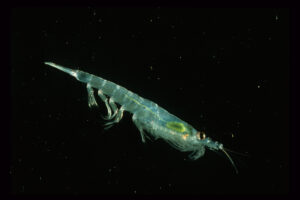
Escape intensity and influencing factors for Antarctic krill in commercial trawl nets
Study provides insight into krill trawl designs and indicates that liners should be equipped from the front part of the trawl body.
The Canadian government plans to build a conservation hatchery in British Columbia to boost Chinook and sockeye salmon recovery.

Study provides insight into krill trawl designs and indicates that liners should be equipped from the front part of the trawl body.
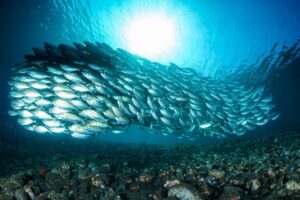
A new dataset reveals how decades of atmospheric changes impact fisheries, aiding climate change predictions and mitigation.
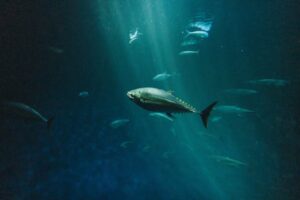
A new report shows the Western Mediterranean fisheries management plan has led to fish stock recovery, with a strong near-term outlook.
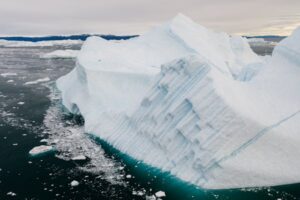
Climate change could cause commercially important marine species to shift northward, threatening Pacific Arctic fisheries.
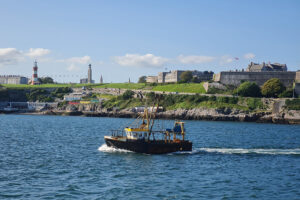
Brexit offers the UK a chance to tailor fisheries policies, but trust is key to achieving sustainable fisheries and effective governance.
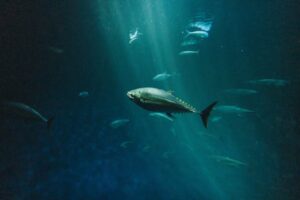
The latest ISSF report reveals that nearly half of major tuna stocks successfully avoid overfishing and meet target biomass levels.
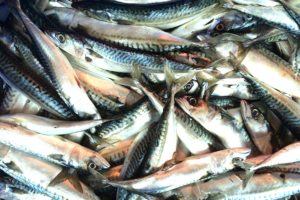
Most countries are involved in redundant fisheries trade, with most occurring between five partners and about 50 percent involving four species.
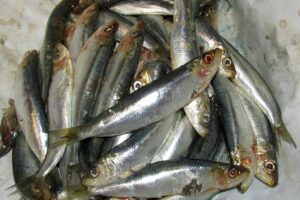
DNA sensors are cost-effective and can be used by authorities for fish authentication control or any laboratory including fish processing industries.
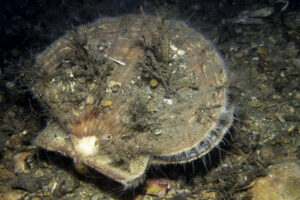
Study shows the need for further scallop dredge gear modification to reduce the catch of undersize scallops and bycatch.
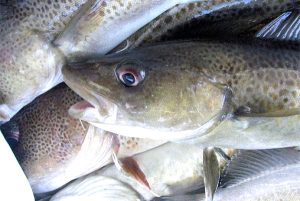
Canada has lifted a 30-year fishing ban on Northern cod in Atlantic Canada, aiming to rebuild the fishery amid concerns about cod recovery.
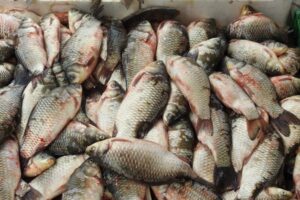
Progress in sustainable seafood production is notable but uneven, according to the latest Sustainable Fisheries Partnership report.
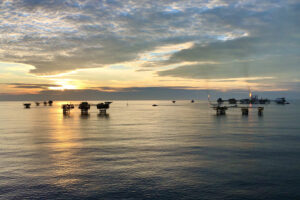
The environmental impact of offshore structures may extend further than previously thought and should be considered for pending decisions.
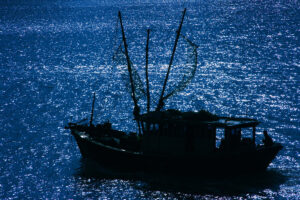
A lack of affordable and reliable Wi-Fi for crews jeopardizes their well-being and exposes them to exploitation and illegal fishing practices.
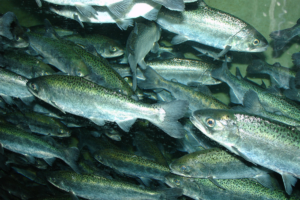
Through development and refinement, eDNA approaches will become increasingly available to managers of Atlantic and Pacific salmon fisheries.
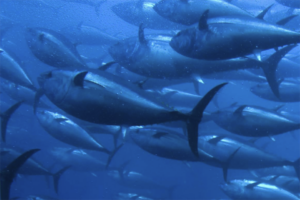
Sustainable Fisheries-UW: Better fisheries management requires enforcement of already-in-place limits, not new regulations that also go unenforced.